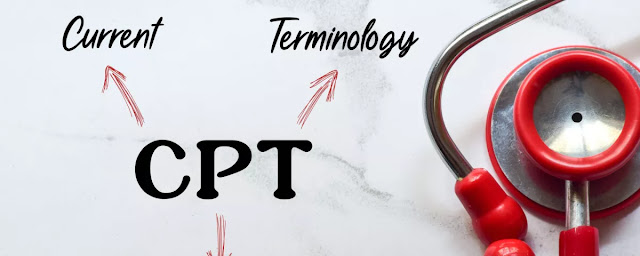Medical Billing Services vs. In-House Billing: Which One is Right for You?
Medical billing is a crucial aspect of healthcare operations, ensuring that providers receive timely reimbursements for their services. However, healthcare facilities must decide between outsourcing medical billing services or managing billing in-house. This decision impacts revenue cycle management, efficiency, and compliance. Below, we explore the pros and cons of each approach to help you determine the best fit for your practice.
Understanding Medical Billing Services
Medical billing services involve outsourcing billing tasks to a third-party provider that specializes in claim submissions, insurance follow-ups, and payment collections. These services handle Medicare Billing Services and Medicaid Billing Solutions, ensuring compliance with federal and state regulations.
Benefits of Outsourcing Medical Billing Services
Expertise and Compliance
Third-party medical billing companies have specialized knowledge of industry regulations, including HIPAA, Medicare, and Medicaid requirements.
They stay updated on policy changes, reducing the risk of claim denials.
Cost Savings
Outsourcing eliminates the need to hire, train, and retain an in-house billing team.
Reduces overhead costs associated with salaries, benefits, and office space.
Improved Cash Flow
Professional billing companies streamline the reimbursement process, reducing claim rejections and delays.
They ensure faster claim submissions and follow-ups, optimizing revenue collection.
Focus on Patient Care
Outsourcing medical billing allows healthcare providers to focus on delivering quality patient care without administrative distractions.
Understanding In-House Billing
In-house billing involves managing the entire billing process within the healthcare facility. This approach requires a dedicated billing team that handles insurance claims, coding, and payment processing.
Benefits of In-House Billing
Direct Oversight and Control
Providers have full control over the billing process, ensuring that claims are handled according to their specific needs.
Allows for real-time communication between the billing team and healthcare staff.
Immediate Issue Resolution
Internal billing teams can quickly address claim issues and discrepancies without waiting for external support.
Better Patient Interaction
In-house billing teams can directly communicate with patients regarding insurance coverage, payment options, and outstanding balances.
Challenges of Each Approach
Challenges of Outsourcing Medical Billing Services
Loss of Control: Providers may feel disconnected from the billing process as it is handled by an external company.
Vendor Reliability: The efficiency of outsourced billing depends on the provider’s reliability and industry expertise.
Challenges of In-House Billing
Higher Operational Costs: Requires hiring trained professionals and investing in billing software and infrastructure.
Regulatory Compliance Risks: Keeping up with ever-changing billing regulations can be challenging for internal teams.
Which One is Right for You?
The choice between medical billing services and in-house billing depends on the size of your practice, budget, and operational needs:
Outsource Medical Billing Services if you want to reduce costs, streamline revenue cycles, and ensure compliance with Medicare Billing Services and Medicaid Billing Solutions.
Choose In-House Billing if you prefer direct control and have the resources to manage a dedicated billing team.
Ultimately, the right solution depends on balancing efficiency, cost, and compliance. Evaluating your practice’s specific needs will help you make the best decision for long-term financial stability and growth.




Comments
Post a Comment